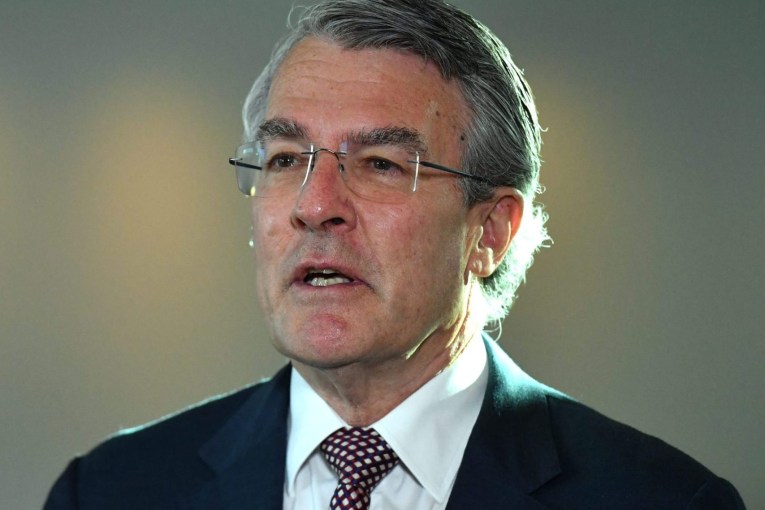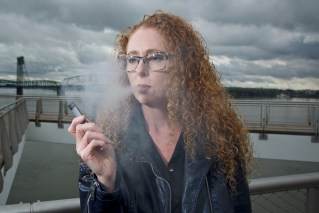High Court rules media liable for comments on Facebook posts
Media outlets could be sued over defamatory comments made by their audience on Facebook news articles, the High Court has ruled.

Image: Nghia Nguyen/Unsplash
The court’s 5-2 decision on what makes a “publisher” could lead to non-profits, community groups and police forces more tightly controlling comments on their Facebook pages.
Former Don Dale detainee Dylan Voller had sued the publishers of The Sydney Morning Herald, The Australian and Sky News Australia over a handful of comments posted by individuals to the media companies’ Facebook pages in 2016 and 2017.
The news outlets argued they hadn’t been instrumental to, or a participant in, the communication so couldn’t be considered publishers – comparing themselves to a building occupier whose wall is graffitied.
But the court’s majority noted a critical difference between the Voller case and a graffitied wall: the wall owner plays no role in facilitating publication before becoming aware the graffiti is defamatory.
Justices Stephen Gageler and Michelle Gordon said it didn’t matter that the platform was run by Facebook, who at the time didn’t allow the comment function to be turned off.
Each appellant had intentionally engaged with Facebook to boost their own revenue and invited others to comment on posts
“The appellants’ attempt to portray themselves as passive and unwitting victims of Facebook’s functionality has an air of unreality,” Justices Gageler and Gordon said.
Dissenting, Justice Simon Steward said he’d have required Voller to establish how the media outlets had “procured, provoked or conducted” the defamatory third-party comments, given the broader definition of “publisher” could make all Facebook page owners and Facebook itself liable for others’ comments.
“Indeed, it might extend to cases where a Facebook page is hacked and then has posted on it entirely unwelcome, uninvited and vile defamatory comments, whether by the hacker or in response to a post made by the hacker,” he said.
The court only considered the narrow matter of what made a “publisher”.
Questions about whether the comments were defamatory, or whether the media companies have a defence will be answered by the NSW Supreme Court at a later date.
Defamation law expert David Rolph said Wednesday’s ruling meant non-profits, government agencies and other operators of Facebook pages were now potentially liable for third-party comments.
“For something like police using publicly available Facebook pages, they are already very attuned to the myriad legal risks they have to navigate (including contempt of court and integrity of police investigations),” the University of Sydney Law School professor told AAP.
“But that has a consequence.”
He expects more media outlets to turn off or more closely moderate replies to Facebook and Twitter posts, as they have recently done for articles about controversial topics or high-profile people.
Individuals were also potentially liable for comments on their posts, though changes to defamation laws on July 1 mean plaintiffs in NSW, Victoria, Queensland, South Australia and the ACT must now issue a concerns notice before filing a case, and prove the defamatory content caused “serious harm” to their reputation.
“In the future, it’s going to be difficult for people to be sued about comments they are not aware of,” Rolph said.
Nine, which owns the Sydney Morning Herald, noted the “positive steps” by Facebook and other tech firms in allowing the comment function to be turned off.
The company hopes the next stage of national defamation law reform takes account of the consequences of Wednesday’s decision for publishers, a spokesman said.












